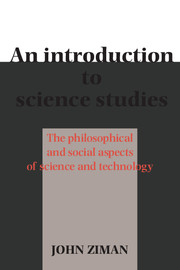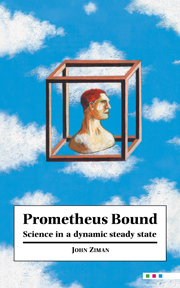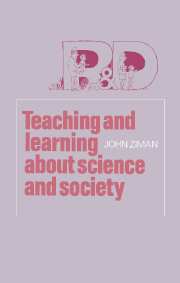I had a little nut tree, but nothing would it bear,
Except a silver nutmeg and a golden pear.
The King of Spain's daughter came to visit me,
All for the sake of my little nut tree.
The multinational tradition of science
On ceremonial occasions, scientific notables congratulate each other, and themselves, on being members of a world-wide community that has always ‘known no frontiers’. This is an admirable sentiment, but what does it mean in practice? Paradoxically, on other occasions, the same scientists say that science nowadays is ‘going international’. This apparent inconsistency is yet another manifestation of the transition to a new regime in science.
It is quite true that science has always been a multinational activity. It has never been realistic to consider science in the UK independently of science in other countries, particularly its European neighbours. One of the features of the Renaissance was the rapid diffusion of new scientific discoveries and theories across the Continent, carried by scholars, churchmen, artists, craftsmen, mountebanks, diplomats and other travellers, as well as by printed books.
Since the seventeenth century, scientists have sought international recognition for their discoveries. The European market for scientific ideas set both the goals and the standards for research. Scientific journals, such as the Philosophical Transactions of the Royal Society in London and the Comptes Rendues of the Acade-mie des Sciences in Paris, were published nationally, but they circulated freely and were cited indiscriminately throughout the scientific world.


